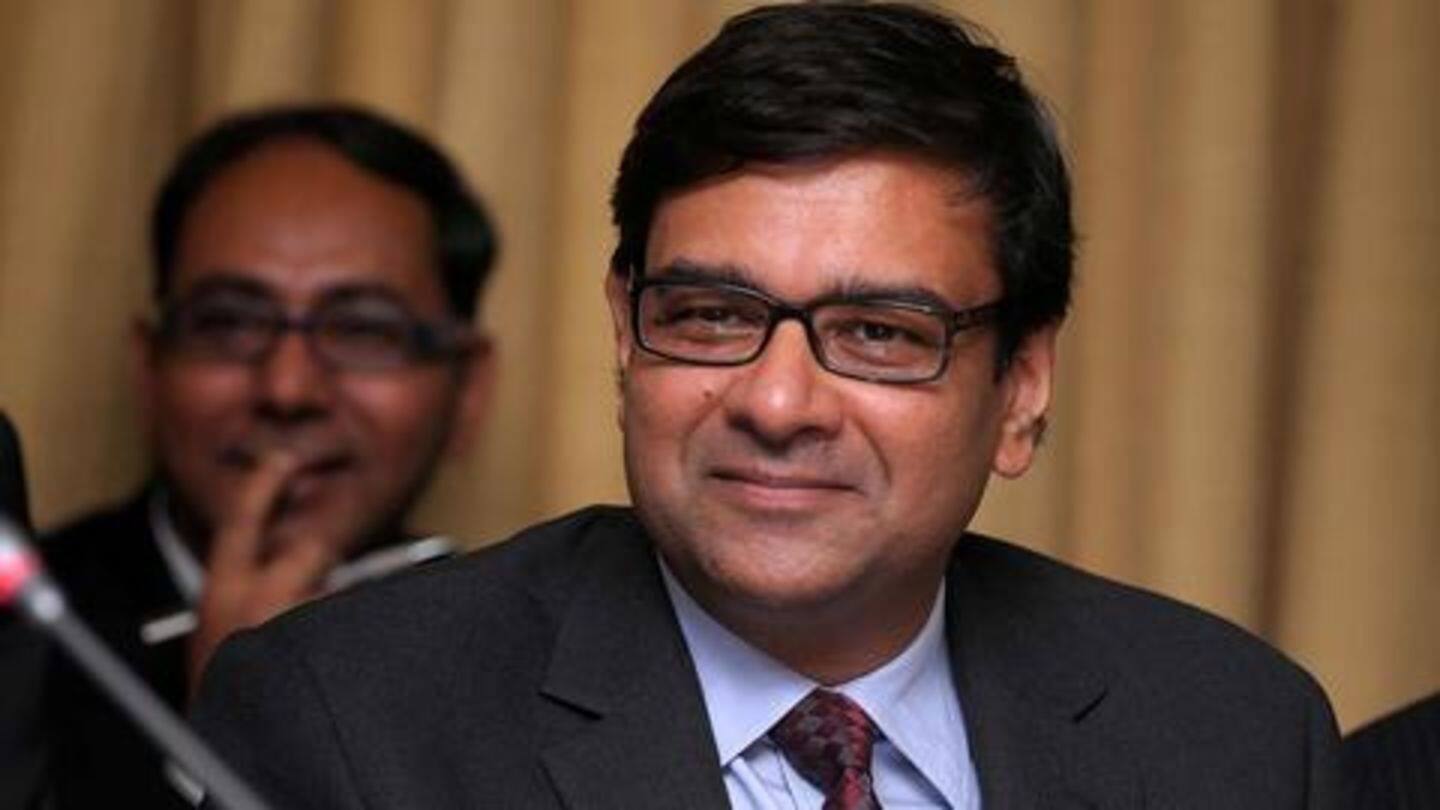
Urjit Patel resigns as Governor of Reserve Bank of India
What's the story
Reserve Bank of India Governor, Urjit Patel, has stepped down from the position with immediate effect amid rift with the government on various issues. While reasons for his resignation are still not clear, Patel cited personal reasons for the sudden exit. He was appointed as the 24th RBI Governor in Sep'16. Here's more on Patel's resignation and what could have led to his exit.
Twitter Post
Decided to step down on account of personal reasons: Patel
Urjit R. Patel: On account of personal reasons, I have decided to step down from my current position (RBI Governor) effective immediately. It has been my privilege and honour to serve in the Reserve Bank of India in various capacities over the years (File pic) pic.twitter.com/PAxQIiQ3hV
— ANI (@ANI) December 10, 2018
Quote
Here's what Patel said about his resignation
"On account of personal reasons, I have decided to step down from my current position (RBI Governor) effective immediately. It has been my privilege and honor to serve in the Reserve Bank of India in various capacities over the years," Patel was quoted as saying.
Twitter Post
PM Modi is all praises about Patel
Dr Urjit Patel is an economist of a very high calibre with a deep and insightful understanding of macro-economic issues. He steered the banking system from chaos to order and ensured discipline. Under his leadership, the RBI brought financial stability.
— Narendra Modi (@narendramodi) December 10, 2018
Details
Patel's tenure was to end next year
"Support & hard work of RBI staff, officers & management has been proximate driver of Bank's considerable accomplishments in recent years," Patel said, according to ANI's tweet. He has also expressed gratitude to his colleagues and the RBI Central Board Directors while announcing his shock resignation. Patel's tenure as the RBI Governor was supposed to end in September next year.
Tensions
Tensions between RBI and government were likely to resurface
Patel's resignation comes ahead of an RBI meeting this Friday on the status of subjects raised by some government nominees on the central bank's board at a meeting in November. While he cited personal reasons for stepping down as the RBI Governor, some reports claim that tensions between the central bank and the government were likely to surface again at the upcoming meeting.
RBI Pressurized
Government has been putting pressure on the RBI
The Center has been pressurizing the Reserve Bank to ease lending restrictions for some banks, infuse more liquidity, and relax capital norms amid signs of slowing economic growth ahead of the 2019 General Election. RBI's central board member and a representative of the government, S Gurumurthy, said though Patel's resignation was widely-anticipated "amid the escalating feud," it was "surprising".
Decision
Government seeks greater involvement in RBI decision-making
Reuters reported a majority of RBI's 18-member board wanted to press for easing lending curbs and governance changes at the Friday meeting. RBI central board, which is appointed by the government, is an advisory body while the decision-making authority is left to the Governor and his colleagues. But the government is now proposing changes to closely supervise RBI and seek greater involvement in decision-making.
Section 7
Did Patel resign because government intended to invoke Section 7?
Several opposition leaders had predicted Urjit Patel's exit after it was reported that the government is likely to use its special powers provided under the RBI Act's Section 7 in order to override him. The provisions under Section 7 allow the government to issue directives "in public interest" to the RBI, which is an entity independent of the government.
Information
Rift between the central bank and government
However, the strife between RBI and the government started in October when the bank's Deputy Governor Viral Acharya said undermining RBI's autonomy could be "potentially catastrophic". He compared the situation to the Argentine Government's interference in the central bank which led to a market meltdown.